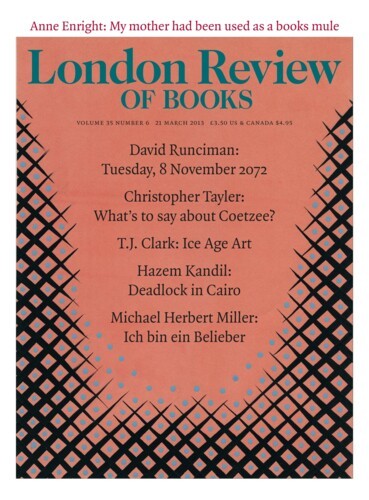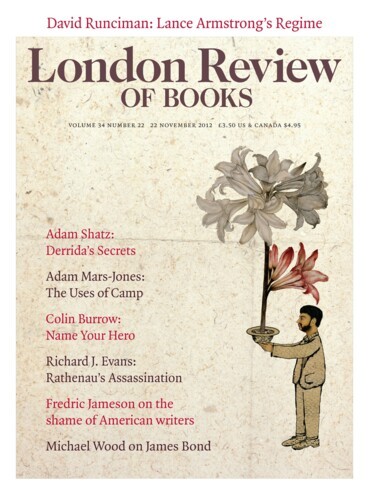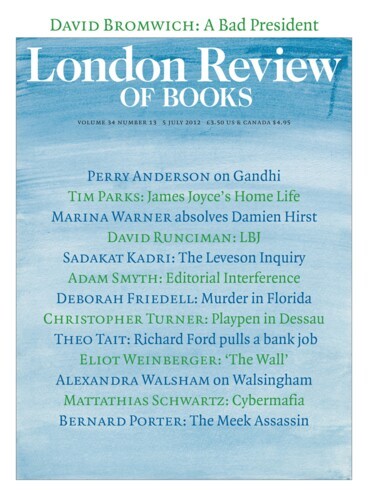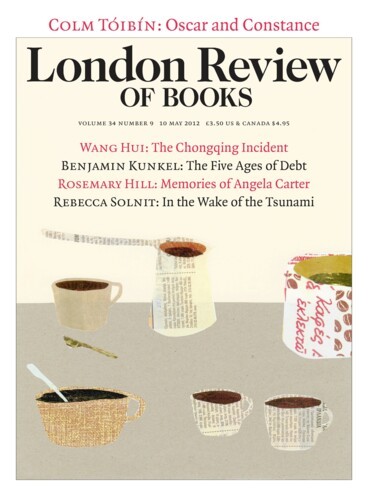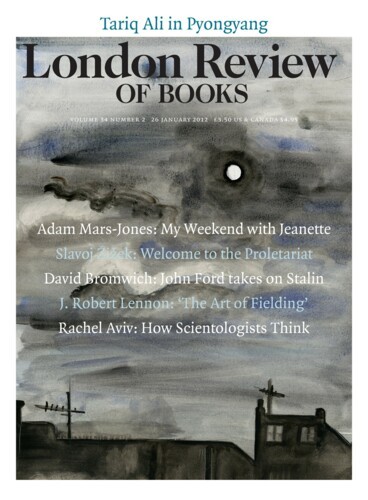Quiet Sinners: Imperial Spooks
Bernard Porter, 21 March 2013
It’s pretty obvious why British governments have been anxious to keep the history of their secret service secret for so long. In the case of decolonisation, which is the subject of Calder Walton’s book, revelations about dirty tricks even after fifty years might do irreparable damage to the myth carefully cultivated at the time: which was that for Britain, unlike France, say, or...
